Introduction to Polish Law
During two decades encompassing three epochal events - the collapse of European communism in 1989, NATO membership in 1999, and accession to the European Union in 2004 - the legal system of Poland has emerged with remarkable maturity and stability. In an exemplary blend of its democratic heritage from the era between the World Wars, proven effective legislation from the communist era, and the vibrant 1997 Constitution, Polish law dramatically reflects new social, economic and political realities. With eleven lucid chapters written by fifteen academic experts from the Warsaw University School of Law and Administration, each in his or her respective field of law, this deeply informed but succinct and practical volume is the ideal starting point for research whenever a question of Polish law arises. The authors clearly explain the legal concepts, customs and rules surrounding such essential elements as the following: principles and practices of constitutional law;administrative law and procedure;civil procedure;courts and special judicial bodies;judicial review;enforcement of foreign judgments;family, succession and inheritance matters;formation and conduct of corporations and partnerships; contract formation, interpretation and termination; environmental protection; harmonizing Polish economic law with EU standards;competition law and regulatory framework of market processes; special regulation of energy, telecommunications and financial markets; copyrights, patents, utility models and industrial designs; licence agreements;the labour relationship and types of employment contracts; andcriminal law and procedure. Each chapter includes its own detailed bibliography. English-speaking legal practitioners and academics have here an ideal introduction to the basic institutions, principles and rules of Polish law. Encompassing all the major fields of legal practice, Introduction to Polish Law provides an essential understanding of the Polish legal system, so that users can become familiar with law and legal processes in Poland and pursue further research on specific Polish legal matters. Practitioners will find it of great value for both counselling and courtroom use.
{{comment.content}}
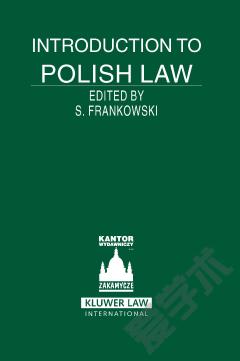
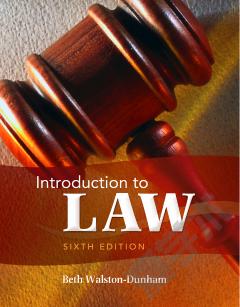
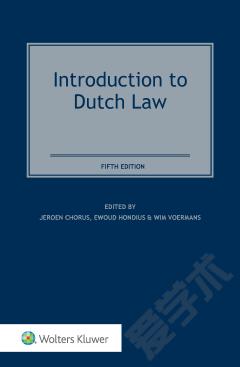
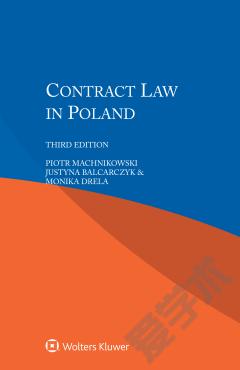
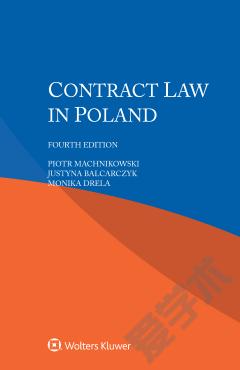
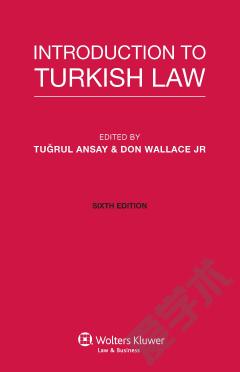
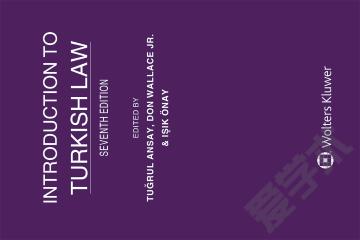

 京公网安备 11010802027623号
京公网安备 11010802027623号